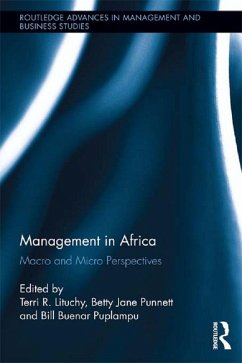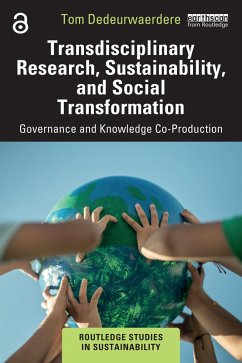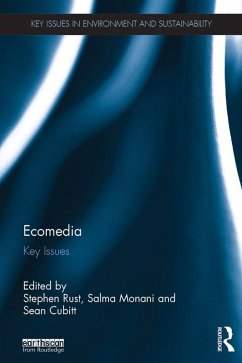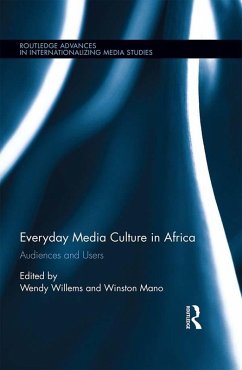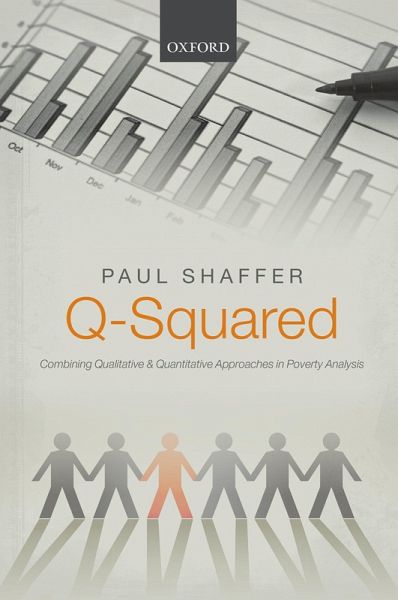
Q-Squared (eBook, PDF)
Combining Qualitative and Quantitative Approaches in Poverty Analysis

PAYBACK Punkte
12 °P sammeln!
This book examines the underlying assumptions and implications of how we conceptualise and investigate poverty. The empirical entry point for such inquiry is a series of research initiatives that have used mixed method, combined qualitative and quantitative, or Q-Squared ( Q²) approaches, to poverty analysis. The Q² literature highlights the vast range of analytical tools within the social sciences that may be used to understand and explain social phenomena, along with interesting research results. This literature serves as a lens to probe issues about knowledge claims made in poverty debate...
This book examines the underlying assumptions and implications of how we conceptualise and investigate poverty. The empirical entry point for such inquiry is a series of research initiatives that have used mixed method, combined qualitative and quantitative, or Q-Squared ( Q²) approaches, to poverty analysis. The Q² literature highlights the vast range of analytical tools within the social sciences that may be used to understand and explain social phenomena, along with interesting research results. This literature serves as a lens to probe issues about knowledge claims made in poverty debates concerning who are the poor (identification analysis) and why they are poor (causal analysis). Implicitly or explicitly, questions are raised about the reasons for emphasising different dimensions of poverty and favouring different units of knowledge, the basis for distinguishing valid and invalid claims, the meaning of causation, and the nature of causal inference, and so forth. Q² provides an entry point to address foundational issues about assumptions underlying approaches to poverty, and applied issues about the strengths and limitations of different research methods and the ways they may be fruitfully combined. Together, the strands of this inquiry make a case for methodological pluralism on the grounds that knowledge is partial, empirical adjudication imperfect, social phenomena complex, and mixed methods add value for understanding and explanation. Ultimately, the goals of understanding and explanation are best served if research questions dictate the choice of methodological approach rather than the other way around.
Dieser Download kann aus rechtlichen Gründen nur mit Rechnungsadresse in A, B, BG, CY, CZ, D, DK, EW, E, FIN, F, GR, HR, H, IRL, I, LT, L, LR, M, NL, PL, P, R, S, SLO, SK ausgeliefert werden.




